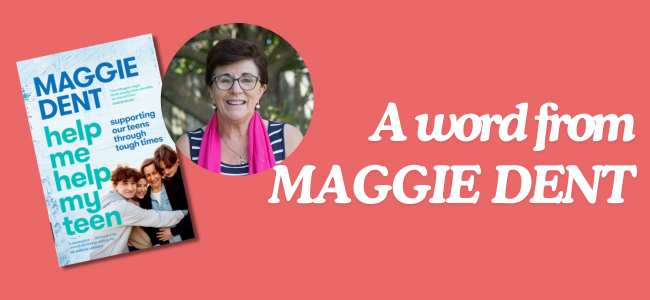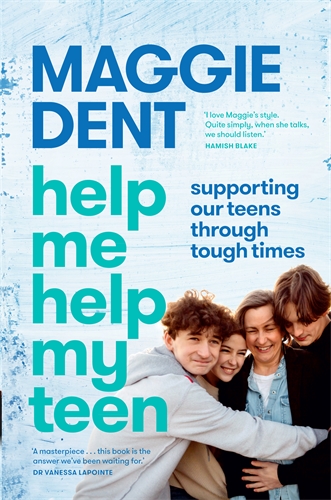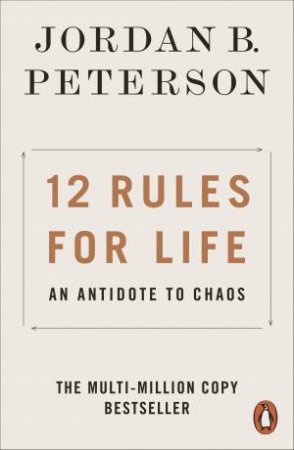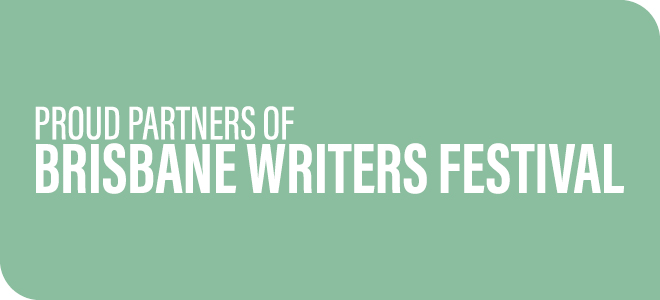Commonly known as the ‘Queen of Common Sense’, Maggie Dent is one of Australia’s favourite parenting authors, educators and podcasters. The bestselling author of Parental as Anything, From Boys to Men, Girlhood and Mothering Our Boys is back with a new message for parents looking to support their teenagers in tough times.
Read on to hear from Maggie herself about the inspiration behind her latest book, Help Me Help My Teen.
Supporting our teens through tough times.
Adolescence has always been a time of huge transformation and turbulence, but today’s teens deal with challenges that parents may have never imagined. The internet, gaming, social media and changing social norms have intensified our levels of stress, anxiety and depression.
Drawing on up-to-date research, a survey of modern teens and her own experiences as a teacher counsellor, mother and teen, Maggie provides clear and compassionate ‘what to do’ advice for some of the most difficult and sensitive topics and demonstrates how we can provide a safe and supportive environment for all our teens to grow into confident, capable adults.
A word from Maggie
The message every teen needs to hear: You are not your grades
In the past four decades in which I have either taught, parented, counselled or written about adolescents, much has changed. For a start, when I was raising four adolescent lads in the ‘80s and ‘90s, I wasn’t contending with issues like vaping, problematic gaming, online porn, cyberbullying and most recently AI fake-image altering technology.
However, it’s interesting to note that the main area of concern for most teens is something that has challenged teens for decades: school.
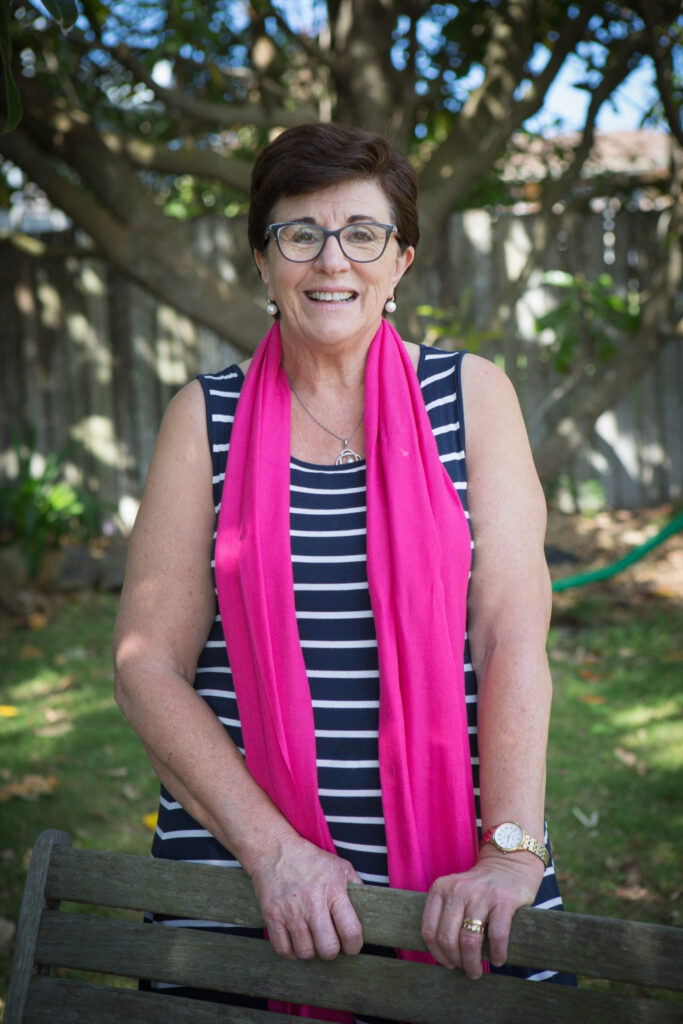
The 2023 Mission Australia survey of 19,501 young people aged 15-19 found ‘school concerns’ were the number one personal challenge for almost half of those students.
This encompasses academic pressure, high workloads, challenges with teachers, general school challenges and learning difficulties.
I also heard this from many of the 2,000+ teens I have surveyed since 2019: stress and pressure is not just something we adults feel, it’s something our teens are absorbing.

Unfortunately, to teens, parents and teachers can often seem hyper-focused on only one aspect of a teenager’s life – grades.
Since I left the classroom, that hyperfocus has become more intense and with the arrival of test-driven overcrowded curriculums, teachers under huge pressure and the distraction of the digital world, learning can be challenging.
The ‘push-down’ of formalised learning into the early years of education that we’ve seen in the past 20 years and the focus on data means that today’s teens are feeling this pressure even more and for longer than previous generations.
As it is, adolescence is a transformative, confusing and stressful window and one of the main areas of change is in our teens’ brains as they undergo a huge renovation, in order to make way for new growth and development.
They see the world differently from us; I often refer to it as a ‘cracked windscreen’ view. So, when parents get overly invested or too enthusiastic about a teen’s schoolwork, they can interpret that as pressure. They can also feel that if they don’t meet their parents’ expectations, they are not enough, a disappointment and less lovable. Negative self-talk creates negative neurochemicals and big, ugly emotions.
Neuroscience shows us that when we do something we enjoy, it triggers all sorts of positive neurochemicals in the brain that flow through the body. Not only does this help to counteract stress, it helps us feel competent and that can mean the difference between a teen succeeding or struggling. A key message for all teens is they are not defined by their grades. They are so much more.

As I write in my new book, Help Me Help My Teen:
The three keys to self-determination are connection, control and competence. For a teen who is struggling academically, or who is struggling with a neurodivergent brain in a neurotypical environment, who is coping with trauma or who is struggling with being excluded or bullied, their sense of competence is often diminished or shattered. This can feed into the negative mindset that I’m wrong, I’m bad, or I’m useless. One of the keys to turning this around is finding something that your teen can be competent at.

Often the secret to competence lies in finding what leading authority on child and adolescent development Dr Peter Benson calls a ‘spark’. This is something that lights us up and can give us purpose and energy. It meets those three keys to self-determination and self-motivation.
For me as a teen, I loved playing basketball and writing poetry. For my sons, their spark was surfing. For others, it may be a love of music, painting, riding a motorbike, skateboarding, cooking, fishing, photography or being an environmental warrior – there are endless sources of spark.
When a teen can have even one strength, one small gift that brings them genuine joy, then it helps buffer them against that inner critic voice that gets very loud in adolescence. So, my advice if you want your teen to do well in life is to nurture and do what you can to stoke that spark, which can shine a light into the often-dark places on a teen’s journey to adulthood.
Maggie Dent is one of Australia’s favourite parenting authors, educators and podcasters. Her new book, Help Me Help My Teen: supporting our teens through tough times is out on 1st August, get your copy in-store or online at QBD today.

